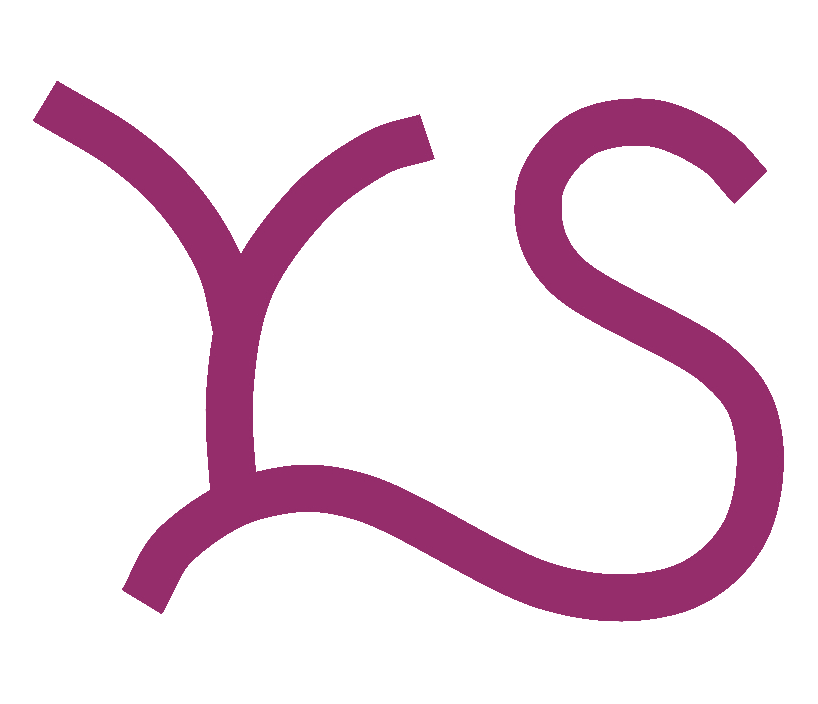After the Election: How to Respond
It has been more than 3 weeks since the 2016 US presidential election. I think it’s safe to say that we have never experienced any campaign or election of this nature in our lifetime! Many were looking forward to the election being over, but now we are left to live with and process the outcome. Regardless of your political views, you can agree that we are entering unchartered territory.
As a multi-faceted human, I hold many opinions and reactions to the election of Donald Trump. My immediate family represents the gay, Muslim, female, brown and disabled communities and each of these communities has become verbal targets in the war of political ideology. While I have strong feelings about how each of these communities has been misrepresented and targeted in this election, I want to focus this discussion on the language and dialogue that was used, and continues to be used by our president-elect and my concern as an educator.
As a teacher of young children, I strongly value the importance of helping children grown in their social/emotional awareness. I value it even above academic learning, for without self-awareness any academic success is less meaningful. If an educator is to facilitate self-awareness and social/emotional growth in her students, she herself must be self-aware and must resist an authoritarian style of discipline. A reactionary approach is also counter-productive to allowing students the opportunity to express their problems and provide appropriate space for problem solving. Authoritarian discipline and a reactionary approach may work in the short term, but they have long-term negative effects on the development of children. We have elected an authoritarian and a reactionary.
How do we proceed as educators under a Trump presidency? How do we counter this new ‘normal’? What is our role as educators?

